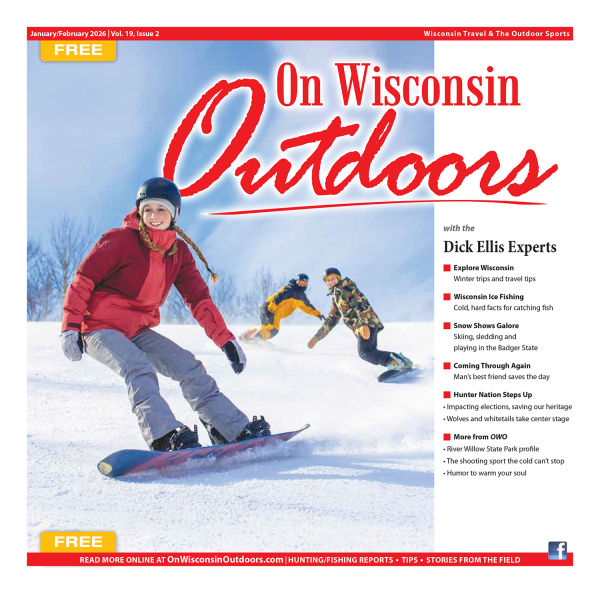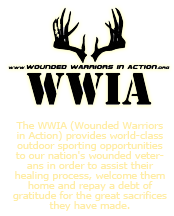Statement from DNR Secretary Cathy Stepp on Judge Crabb’s ruling on tribal night hunting
December 17, 2012
The Department of Natural Resources is pleased with U.S. District Judge Barbara Crabb’s decision that Wisconsin Chippewa tribes overstepped their authority when they issued the authorization for hunting deer at night with lights without state approval. The DNR Secretary, the Department, and the State have maintained that the process established by the courts and the parties must be followed. The State will continue to work in good faith toward resolving the numerous issues surrounding the State’s management of natural resources within the ceded territory and their potential overlapping impacts with the Chippewa’s treaty established rights to self-regulate their own harvest. Judge Crabb summarized well what the State’s primary concern has been all along:
“To grant plaintiffs’ request, I would have to conclude that plaintiffs are permitted to amend a judgment that is more than 20 years old without a stipulation from defendants or approval from this court. Not only is that view untenable, but the consequences of adopting it could be perilous. One of the primary reasons for the creation of courts is to prevent the dangers that often accompany self-help remedies such as plaintiffs’ November 2012 order. Settling disputes by negotiation without court intervention is ideal for all the parties involved, but when negotiation fails, the parties must come to court (or submit to arbitration) to resolve the matter. The proper response cannot be for each side to decide on its own what the law permits, particularly with an issue like this one that involves public safety concerns. In these circumstances, it is essential that the parties exercise restraint and use the proper channels to resolve their dispute.”
We will continue to work with the various Chippewa Bands on this and a host of other difficult topics. This approach is consistent with what Judge Crabb suggests in her decision:
“In making this determination, the parties should keep in mind that a motion under Rule 60(b)(5) is a request for equitable relief, which means that I may consider whether the parties have exhausted their good faith efforts to agree on the scope of any amendment to the judgment before I step in to resolve a particular dispute. Farmer v. Brennan, 511 U.S. 825, 847 (1994). A review of the parties’ negotiations leading up to the recent motions suggests that there remains a significant possibility of an agreement between the parties. Now that the current hunting season has been removed from the table, I encourage both sides to work together in the coming months to draft a joint motion to modify the judgment in a way that adequately addresses defendants’ safety concerns and provides due respect for plaintiffs’ treaty rights.”









